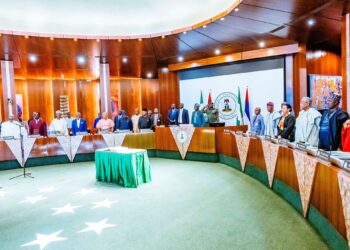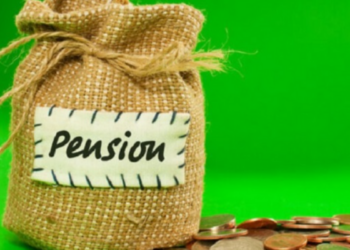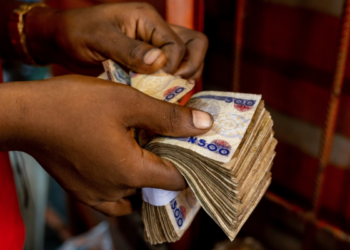The Federal Government and its regulatory agencies have been called on to implement measures aimed at eradicating the prevalence of counterfeiting in Nigeria’s Fast Moving Consumer Goods (FMCG) sector in order to forestall the continuing trend of revenue loss due to the problem.
The call was made by the American Business Council (ABC), a group of stakeholders in the FMCG sector comprised mostly of potential foreign investors hoping to invest in the Nigerian market. Unfortunately, their willingness to invest in Nigeria is held back by the fear that their brand could become exposed in the market due to poor government regulation; thereby prompting unscrupulous businessmen to take undue advantage through counterfeiting.
Meanwhile, inasmuch as business owners are the ones affected the most by counterfeiting in terms of revenue loss, the government also bears the brunt of the menace. This is according to Margaret Olele, the Chief Executive Officer/Executive Secretary of the American Business Council who spoke to journalists about the activities of her group. According to her, the government loses money from tax payment when companies underperform. Counterfeiting is one of the factors responsible for many companies’ underperformance.
Also speaking during the media parley was Oluwakemi Saliu, the Head of marketing at Kimberly-Clark Sub-Saharan Africa who stressed the need for the government to do everything possible to support the FMCG sector, especially now that Nigerian consumers are beginning to make a preference for locally-manufactured goods.
Local manufacturers are hard hit when parallel imports are allowed into the country for goods that can be produced locally. At Kimberly-Clark, we are responding to consumer needs by being diverse in our product offerings; by producing miniaturised items to cater to different market segments and by embarking of innovative marketing strategies that take into consideration the Nigerian market.-Oluwakemi Saliu
The stakeholders noted that even though the adverse effects of counterfeiting cannot be authoritatively quantified, rough estimates put the costs of counterfeiting at about $3 trillion. This is asides the other health risks that consumers may be exposed to when they consume the poorly processed and fake food products.
























